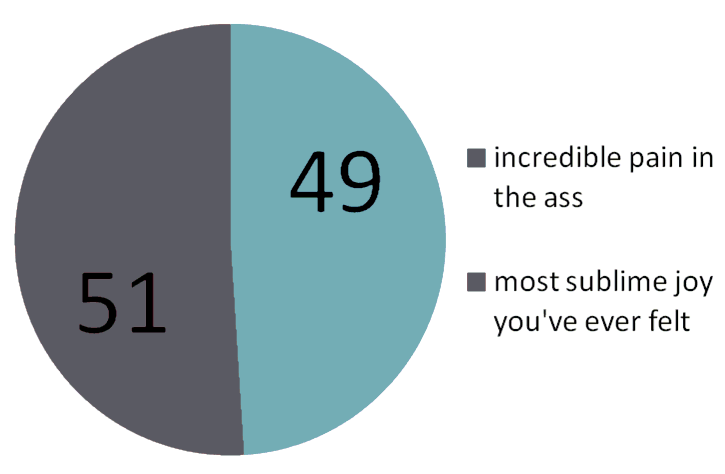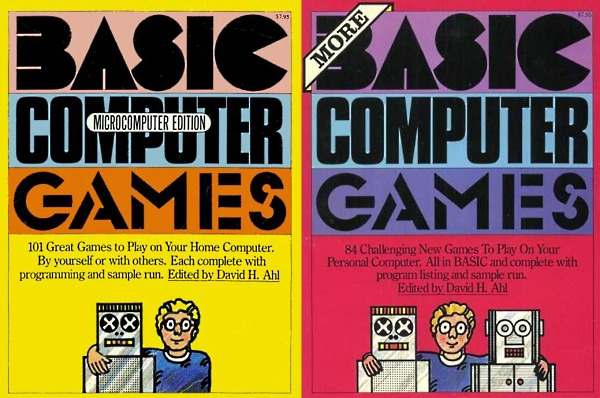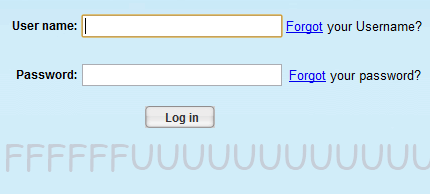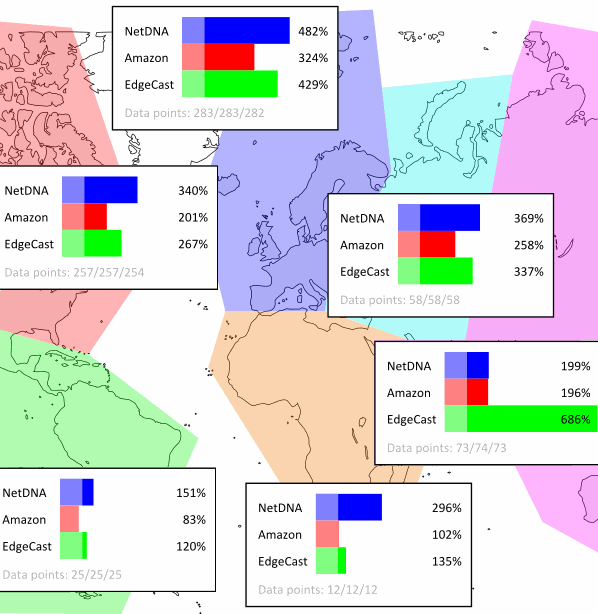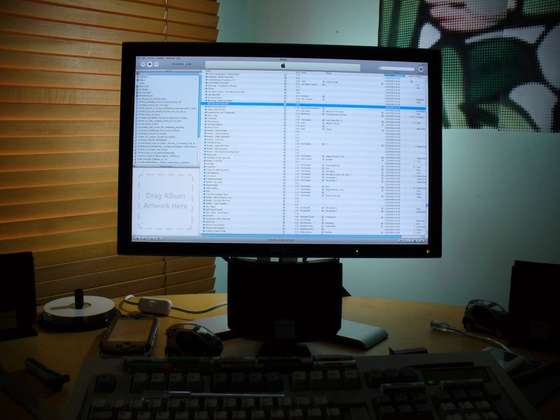
ergonomics
Bias Lighting
I’ve talked about computer workstation ergonomics before, but one topic I didn’t address is lighting. We computer geeks like it dark. Really dark. Ideally, we’d be in a cave. A cave… with an internet connection. The one thing that we can’t abide is direct overhead lighting.

